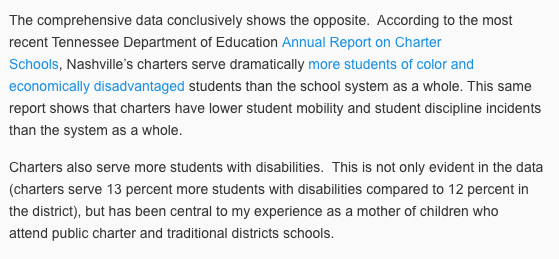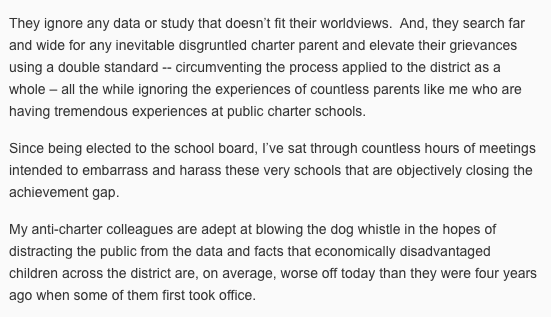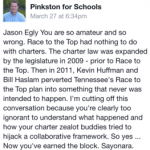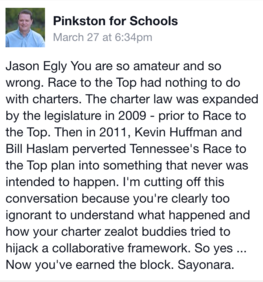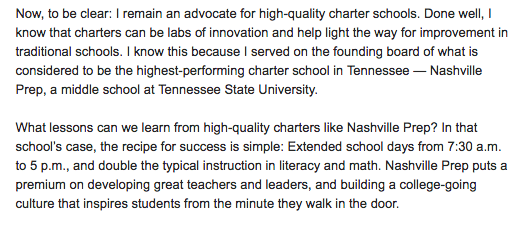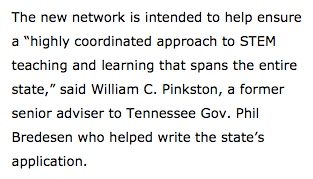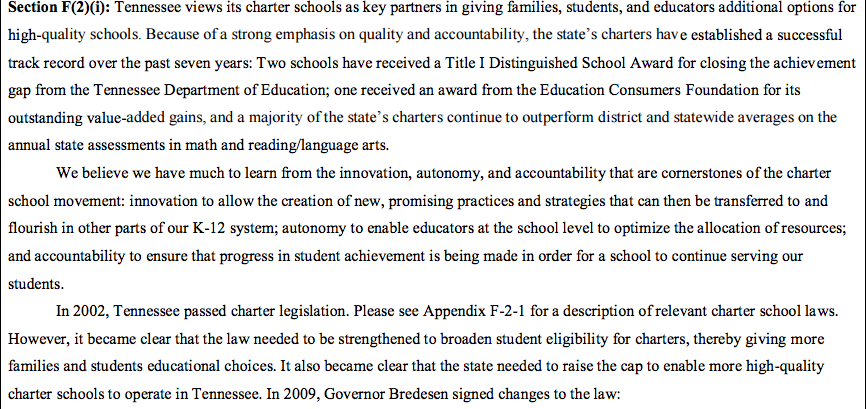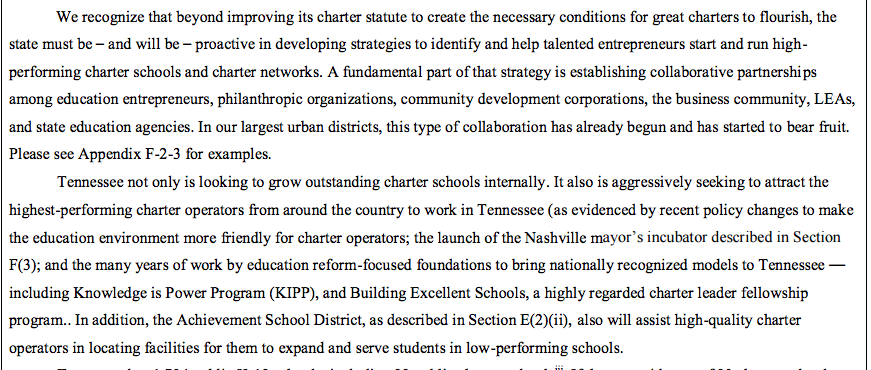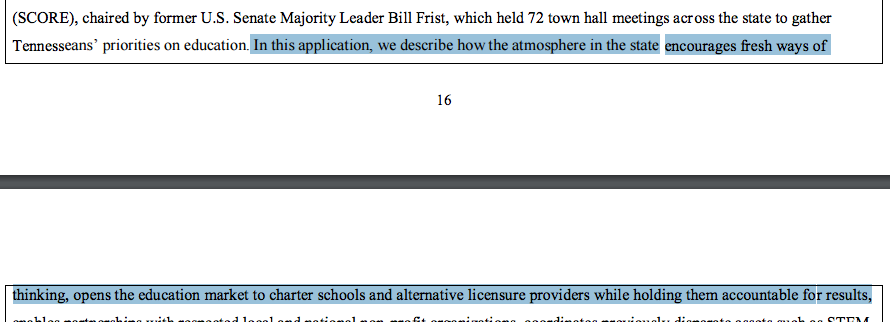A Tennessean editorial by 374 Nashville parents demand that attacks on charter schools stop. The editorial, which was delivered as an open letter to Director of Schools Shawn Joseph and Board Chair Anna Shepherd, includes parents from 19 charter schools in Nashville.
The signees make their intent clear:
We are coming together to say that the attacks against our schools must stop.
Many parents in Nashville exercise school choice by moving into zones of high-performing schools or by entering the lottery and hoping for seats in choice schools. As parents of students attending public charter schools, we are no different. Our zoned schools were not able to meet the needs of our children, so we found schools that do. Yet we find ourselves and our schools on the receiving end of constant accusations and attacks.
In education, we know that we must meet the individual needs of our students. The same is true for parents. They want to pick a school that meets the needs of their child and family. That could be a zoned school, charter school, magnet school, or a private school. They know what’s best for their child. We shouldn’t fault anyone for that.
We must all come together to make our district better. That includes charter schools, magnet schools, and zoned schools. All are responsible for making collaboration key for our students. I’ve even seen collaboration between private schools and MNPS.
Division may gain you retweets, but it won’t help our students. Collaboration will.
In this age when too many elected officials delight in drawing divisions rather than doing the hard work of solving problems, we hope you will reject that path and instead come together to focus on the opportunities and challenges in all of our city’s public schools.
We urge you to cease these attacks on our schools and show the city of Nashville that you are a productive, student-centered board focused on making every MNPS school excellent.
Contrary to the picture some board members paint, we are intelligent, engaged, determined parents who want a better life for our children. All parents want what is best for their children, and we are no different. Our children are thriving. They are working hard and learning every day. They are encouraged at school to dream big, and they are receiving the education they need to reach those dreams.
While each of us has a story of why we chose our public charter school instead of our zoned school, we wish every Nashville school well and are thankful for the hard work of this board and the progress you have made over the past year. We ask that you continue that progress by focusing your positive energy on all of our city’s public schools instead of singling out a few.
These 374 parents are public school parents, and they are fed up with the attacks on the schools they decided to send their kids to. We spend too much time shaming parents for picking charter schools or private schools. Shouldn’t we be asking why these families are picking private and charter schools? Let’s find that answer, and then let’s move to make the changes that are needed.
I’ve heard from parents who transferred their student with learning differences to a private school to only get shamed from their friends. The same has been heard from a parent who found that a charter school served their student with learning differences better than their zoned school. As a special education teacher, I can’t fault any parents for picking what is best for their child.
Let’s listen to all public school parents, not just those from zoned and magnet schools.
You can read the editorial and all 374 signees here.
Update (5:50pm): School board member Will Pinkston has responded to the editorial:
Let’s see: 9,718 students in Nashville charter schools. Which means there are 9,344 parents who didn’t sign on to the big letter. Sad!
When hundreds of parents come to the school board with an issue, it shouldn’t be dismissed by a school board member in a Trump-like tweet. That’s not the leadership that our city deserves.
For more on education politics and policy in Tennessee, follow @TNEdReport.


